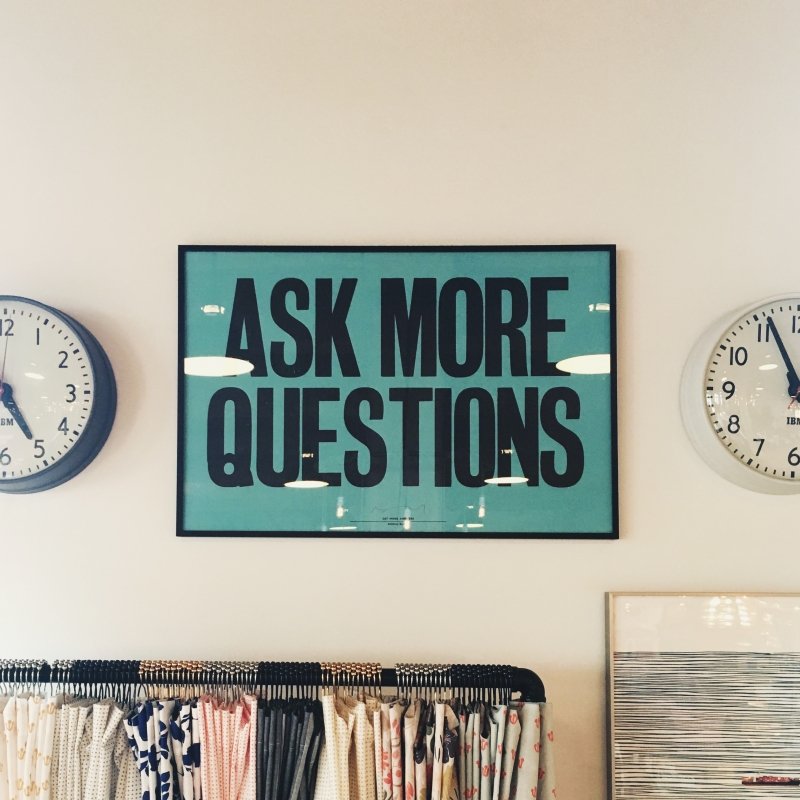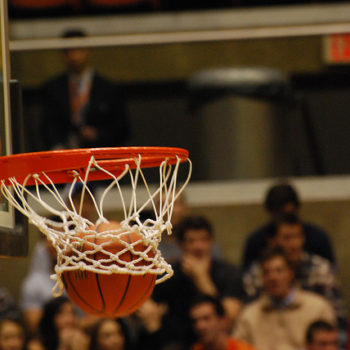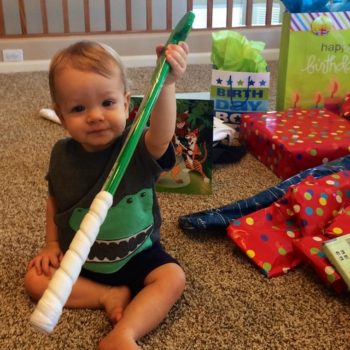It was early in my high school experience, either freshmen or sophomore year, when my science class was doing experiments. I don’t quite remember what we were supposed to be doing, or what we were supposed to be doing the experiment for, but we were measuring different liquids and putting them into different containers. While measuring and pouring these liquids, we were reverting between different measurements and using math to do so.
In my particular group, my classmates were not eager to do any of the work. If we were going to get anything done, I was going to have to do everything. I understood the basics of the procedure and began gathering materials and planning out what I needed to do. There was only one thing holding me back; I didn’t know how much of each liquid I needed.
It wasn’t that I couldn’t add or subtract, multiply or divide, or even do ratios. I didn’t know the difference between a liter and a gallon, or a pint and an ounce; I was just never taught. I felt stupid. I was supposed to be the ‘smart’ kid; That’s how my classmates referred to me, anyway.
“Just ask Daisy, she’s one of the ‘smart’ kids.”
I hated that ‘smart’ had become my singular personality to my peers. I wasn’t known as kind, or friendly, or even annoying. I was one of the ‘smart’ kids. I existed next to my peers simply to be used for answers and hints, a disappointment if I couldn’t answer something they asked of me. At first, I took pride in having been categorized this way. I remember in 3rd grade when I was first sent to special classes for maths and English. Not only did my parents call me smart, but my classmates did too! I was overjoyed to help them with anything and I felt special to have that ability.
Over the years, as I began to struggle with school, home life, mental and physical health, I felt a sense of resentment anytime I heard the dreaded ‘smart kid’ reference toward me. I didn’t believe that I was as great as I used to be. I never used to struggle with school, I always knew the answers to peoples’ questions, and I was always proud and on top of things. High school hit me like a meteor, and I felt changed, numb, dumb, and useless.
So here I was, sitting in the classroom, feeling utterly ashamed as I didn’t know how to differentiate liquid measurements. I knew it was only because I skipped the classes in which we had learned how to do so. I remembered vividly, my classmates made little men out of colored paper with measurements written on them. Meanwhile, I was in a different math class, dividing fractions and seeing how many times tables I could get through in a minute. I missed out and it wasn’t my fault, but I still felt embarrassed. I should know this, I thought to myself.
‘Smart’, I felt, would always leave an imprint on my identity for my classmates to remember. I was sure that if they ever saw me in the future they’d think, ‘There’s Daisy, the smart kid from school.’ But now I was failing that image. I didn’t want to be smart. I didn’t want to be leaned on by classmates or to have high expectations from teachers. But I didn’t want to be clueless! I wanted to be Daisy. I struggled with this concept, harder than I probably should have, letting my ignorance of liquid measurements upset me.
Finally, I asked the teacher, “Excuse me, how do I change this measurement to this one and so on?”
They were surprised that I hadn’t learned how to before, but didn’t criticize or ridicule me. My classmates never batted an eye, continuing to let me do the work for our little group. I was embarrassed, but relieved that the simple question that tormented me was answered and I could do my work in peace. I glanced at the other groups in the room, they all worked quietly and diligently. Some were having trouble with math, others poured the wrong type of liquid in a container. I knew I could do that math easily, but understood that math is difficult and not everyone can process the numbers that quickly. I understood their struggles and ignorance. I understood.
“Can you help me with the measurements for this?” I asked one of my group members, trying to get them involved.
I didn’t feel embarrassed anymore. I realized that as much as I understand their ignorance, they would understand mine. So what if I didn’t know how to translate measurement? So what if they didn’t know how to divide decimals? We’d learn. These lessons to be learned did not deserve judgement of any kind; They deserved understanding and compassion.
If I hadn’t asked when I did, the project never would have gotten done, and I may have never realized to be a bit easier on myself and my knowledge. I don’t have to know everything, and neither does anyone else. As long as I think of myself as Daisy, it doesn’t matter if I’m only the ‘smart kid’ to anyone else. My opinion of me is all that matters.
Asking questions is important! It’s how we become smart and knowledgeable! We should all ask more questions, the world is a beautiful place full of endless knowledge and mysteries. Judgment is just an ignorant barrier, created by someone who is afraid to seek understanding and learn more.
Photo by arbyreed on Foter.com / CC BY-NC-SA











2 Comments
This work was very enjoyable to read because of how detailed it was. I have been in the place where I did not want to ask a question because I felt like I should know the answer and felt like it would be stupid too. The development of you (the character) was done really well and I could understand the improvement that you as a character were able to see from this situation.
This was really well written and I liked how honest you were. It is totally understandable that it can be hard to ask questions, especially when you are so used to not having to do so. It was also very moving that you were able to think about difference between other students and yourself and were able to understand that you could all work together to figure out a collective solution. Very nice closing, good job.